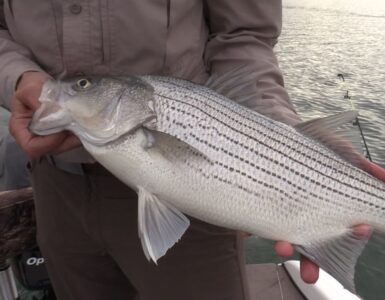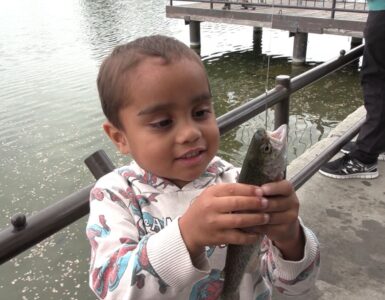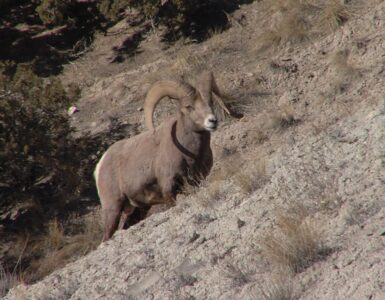(Adam) Welcome back to KSL Outdoors, I’m Adam Eakle. Have you ever been driving down the road or out here at the marsh and you see that small bird of prey hovering in the sky? Chances are you are looking at an American Kestrel and sightings like that are not as numerous as they used to be because the species is in decline.
(Mike) so hopefully we are going to find chicks in here.
Mike is a volunteer with Hawk Watch International. He’s conducting citizen science research in an effort to better understand the causes behind declines of the smallest falcon in North America. The American Kestrel.
No chicks yet, but Mike does capture the female guarding the eggs.
(Mike Shaw, Volunteer Hawk Watch International) Almost half of the North American population has disappeared within the last 40 years with the sharpest spike being in the last ten. (adam) Any hypothesis on why this is happening? (mike) habitat is the main hypothesis, and usually it always comes down to habitat with animals.
(Mike) We’ve always taken the tack at Hawk Watch is you save something when it’s common. That’s when it makes the most sense. So hopefully we are in the early stages at finding out what is going on here. We don’t have to wait until the numbers become very few.
This study is a national effort where volunteers like these monitor the kestral population, they take measurements.
(Mike) So these bands allow anybody with a pair of binoculars or a camera, to easily see if it’s a bird within the study area.
Volunteers have positioned 130 nestboxes in four different types of landscape across the Wasatch Front.
Today we are lucky, five kestrel chicks have hatched.
Mike and Tana gather the same information with these chicks as they do with adult birds and say studies like this help us keep tabs on not just the kestrels, but also the environment they live in.
(Mike) They are an indication of our world. The environment that we live in. If here is good healthy populations of raptors because they live at the top of the food chain, it’s generally a healthy environment below it.
(Tana Hunter, Citizen scientist) if something is going wrong with their environment, it’s going to go wrong with our environment too.
(Mike) they are just so beautiful, I love their habits and to me they are a symbol to our open West.
(Tag) so just like a duck, a goose or anything that has a band on it, make sure that if you find a dead kestrel, turn that band in. Call the number, you get a certificate and biologists and all those who love wild places and wild things will learn more about the decline of kestrels. Time now to open up this weeks edition of our Utah Field Guide brought to you by Community Lending Group. Yeah, I know, I know.







Add comment